Guide to NetSuite Account Reconciliation for Financial Process Efficiency
As organizations grow and evolve, financial management becomes a more complex task. Traditional, manual ways of managing accounts and reconciliations...
4 min read
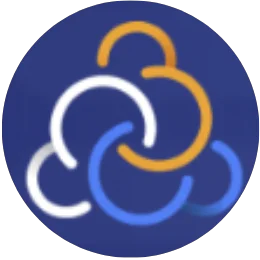 Cumula 3
:
Apr 29, 2019 2:11:31 PM
Cumula 3
:
Apr 29, 2019 2:11:31 PM

The ERP selection process is tedious—and rightfully so. The system you choose will inevitably become the backbone of your business processes for years to come.
Select the right one, and you’ll be well on your way to being a more efficient business; choose the wrong one, and you’ll find yourself wrestling with all kinds of bottlenecks and complications. Worst case, you might run your business processes to a grinding halt.
Below we compare two well-known ERP providers: NetSuite vs Great Plains (Microsoft Dynamics GP). Each has its own strengths and weaknesses, with different competencies depending on business use-cases and implementation.
At the end of this article, you will gain better perspective on the NetSuite vs Great Plains debate and, hopefully, get one step closer to finding the right ERP software for your business.
NetSuite, was founded in 1998 by Evan Goldberg. The company started out as a web-hosted accounting management software, but quickly evolved into an end-to-end cloud-based solution for ERP, financial planning, and omnichannel commerce.
In 2016, NetSuite was acquired by Oracle for an estimated $9.3 billion. Today, the company serves over 16,000 customers in more than 200 countries and territories, and is widely considered a pioneer in the cloud-based software space.
Great Plains has an extremely rich history predating Microsoft Dynamics. The software traces its origins to 1983 in Ohio, where Solomon Software (originally TLB) built an accounting system called Solomon I. Through the years, Solomon I (and subsequent versions up to Solomon IV) gained widespread acclaim, impressing both users and software pundits.
Solomon Software was acquired by Great Plains Software in 2000 and by Microsoft in 2001. In 2004, Microsoft released Great Plains and three other solutions under the Microsoft Business Solutions suite. Microsoft Business Solutions rebranded to Microsoft Dynamics in 2006, offering better integration within its suite of ERP products.
The software is now better known as Microsoft Dynamics GP.
NetSuite |
Great Plains |
|
Overview |
NetSuite provides cloud-based CRM, PSA, ERP and e-commerce solutions to small and medium businesses and mid-market companies. The company was acquired by Oracle in July of 2016 and continues to operate as a separate global business unit. |
Great Plains offers both cloud and on-premise solutions for accounting, payroll, supply chain management, and retail. Great Plains is part of Microsoft Dynamics GP, and primarily services small- to medium-sized businesses. |
Years in Business |
20 |
16 |
Customers |
~16,000 |
~55,000 |
Target Industries |
|
|
NetSuite |
Dynamics Great Plains |
|
Financial Management Capabilities |
|
|
Supply Chain Management Capabilities |
|
|
Human Capital Management Capabilities |
|
|
Native E-Commerce and Retail Capabilities |
|
|
Customer Relationship Management (CRM) Capabilities |
|
|
NetSuite |
Great Plains |
|
Tech Support |
24/7 toll-free worldwide phone support available |
Tech support available but only limited to developer and app performance support |
End-User Training |
Live and/or online training available by NetSuite training department and by partners |
Live and/or online training by third-party providers |
Online Support |
NetSuite has extensive knowledge base (SuiteAnswers) available to all users as well as online user group |
Web support via Dynamics 365 Admin Center |
User Groups |
Multiple local user groups across the United States |
Multiple local user groups across the United States |
The Great Plains application played an important role in an era of on-premise ERP deployments. However this mode of software investments & deployment is going by the wayside. On-premise software requires substantial hardware investments, larger IT budgets, and challenging upgrade cycles, which is why NetSuite introduced the idea of a fully cloud-based business solution. No hardware or IT supervision necessary!
Best of all NetSuite offers seamless twice a year upgrades that eliminate version lock and ensures you are running the latest and greatest software available.
Other major differentiators...
The biggest difference between NetSuite vs Great Plains is that NetSuite is an industry leading all-in-one cloud-ERP solution, while GP is an aging accounting application but don't just take our word for it.
Leading industry analyst Gartner, named NetSuite a "leader" as one of only three ERP solutions listed in Gartner's Magic Quadrant for Cloud Core Financial Management Suites for Midsize, Large and Global Enterprises.
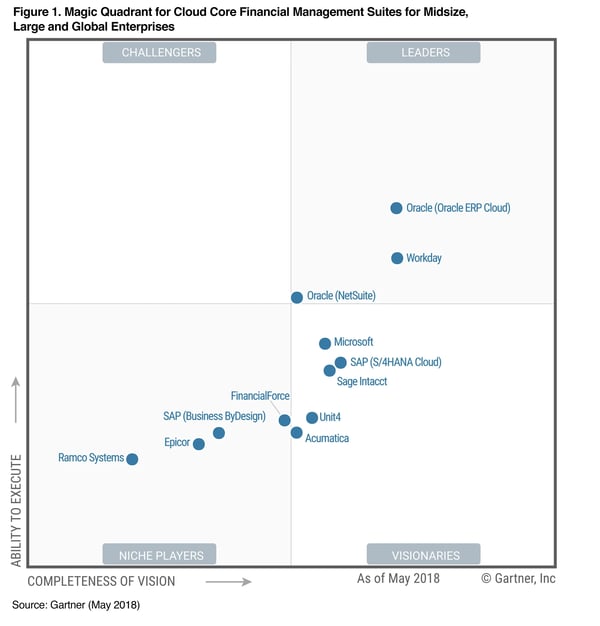
Great Plains still carries some legacy architecture that isn’t cloud native, which means certain processes can only be completed by batch. Additionally, financial consolidation via its General Ledger (GL) can only be done manually, and some transaction details get lost in translation once the GL is consolidated.
NetSuite requires a partner for compliance controls (e.g. ISO, TS, and FDA), while Great Plains provides all those out-of-the-box. Also, naturally, NetSuite lags a little behind Great Plains when it comes to integration with Microsoft tools like MS SQL server, Power BI and Excel.
The answer to the NetSuite vs Great Plains discussion is not just a matter of a what you need from an ERP system, it's also a conversation about what you can expect from your software vendor and your future IT investments.
Microsoft has been heavily marketing and positioning their Dynamics 365 Business Central cloud ERP product leaving many wondering what the Microsoft road map looks like in the coming years.
NetSuite is 100% focused on investing in a single, leading, cloud-based ERP platform while Microsoft has acquired, maintained, and retooled multiple platforms (SL,GP, NAV, AX) over the years leaving many prospects scratching their head about what ERP product they should invest in.
If you desire:
...then NetSuite should be your #1 choice. Still on the fence? Try NetSuite today.
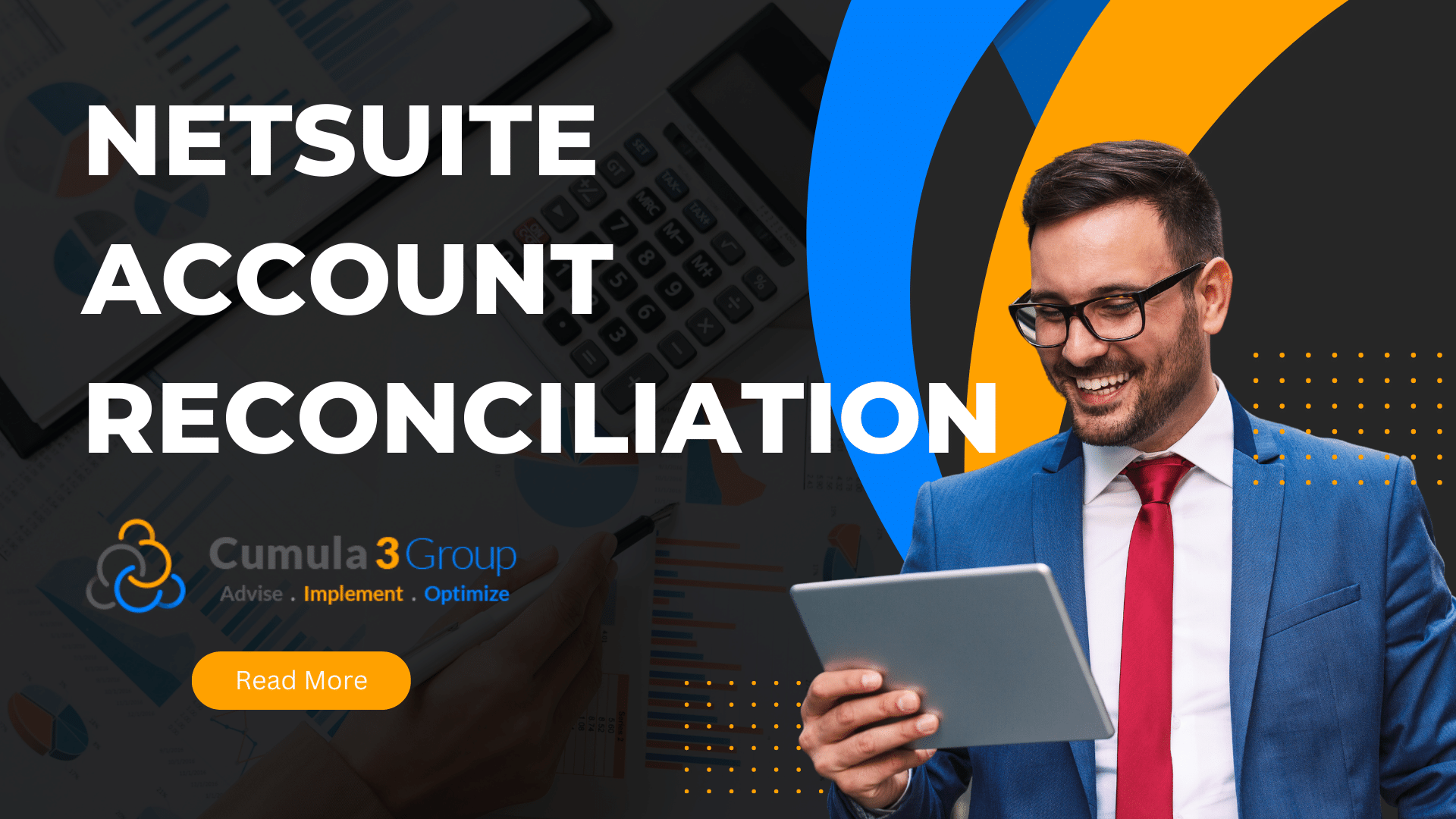
As organizations grow and evolve, financial management becomes a more complex task. Traditional, manual ways of managing accounts and reconciliations...
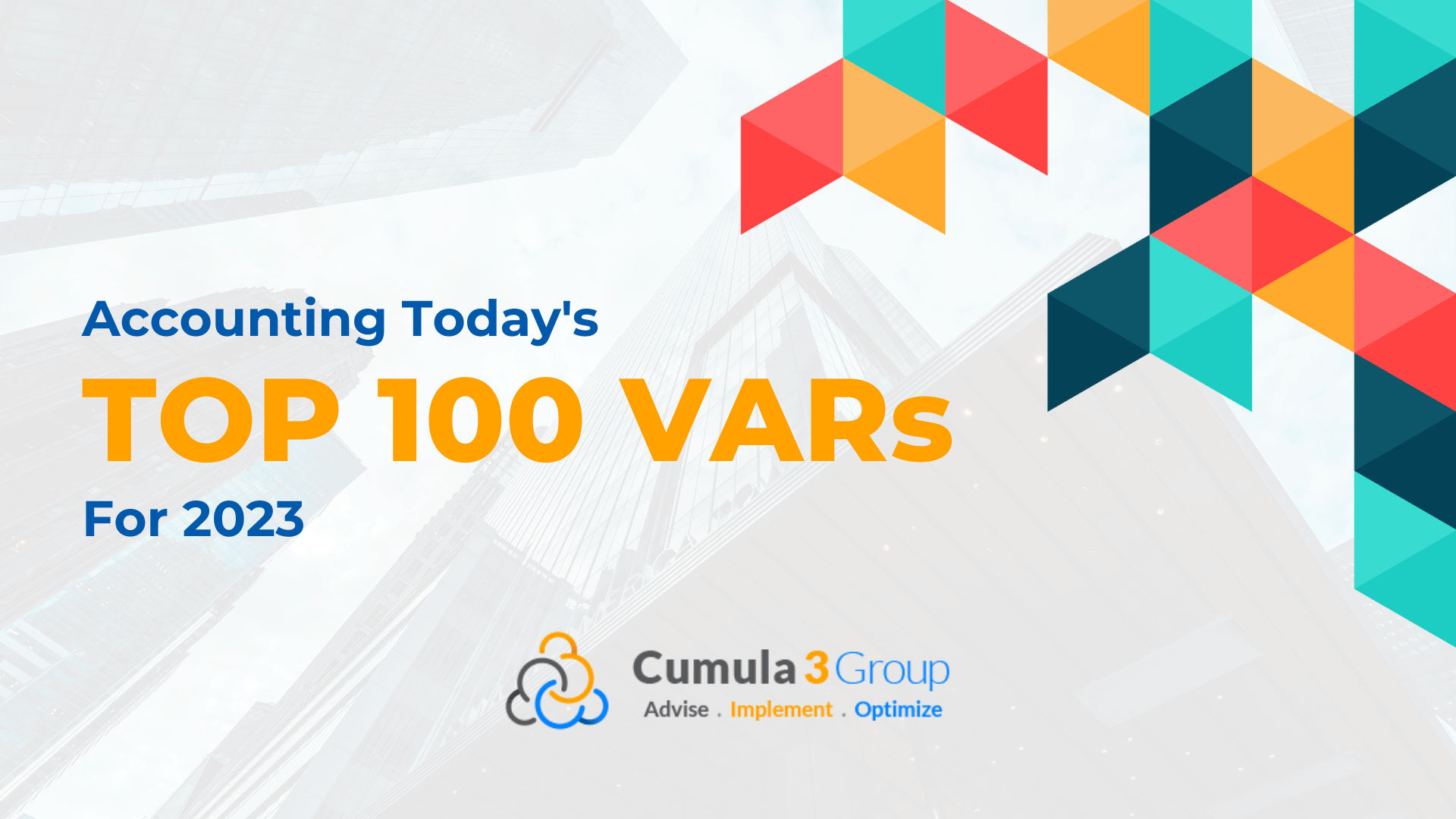
Cumula 3 Group is proud to announce its appearance on the prestigious Accounting Today's VAR 100 list for 2023. This notable directory highlights...
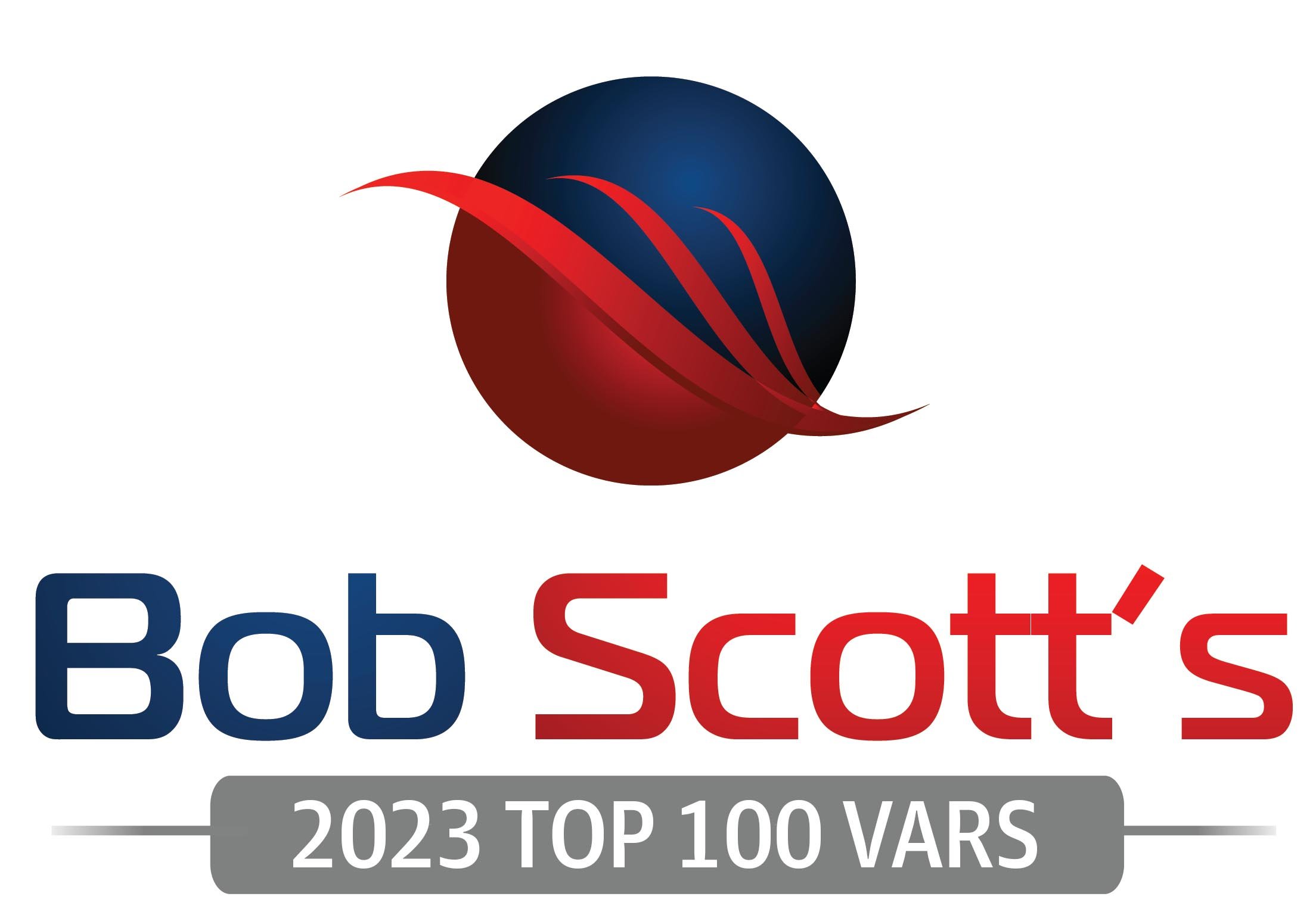
Cumula 3 Group Marks Its First Appearance in Bob Scott's Top 100 VARs for 2023 The esteemed Cumula 3 Group is proud to announce its debut on Bob...